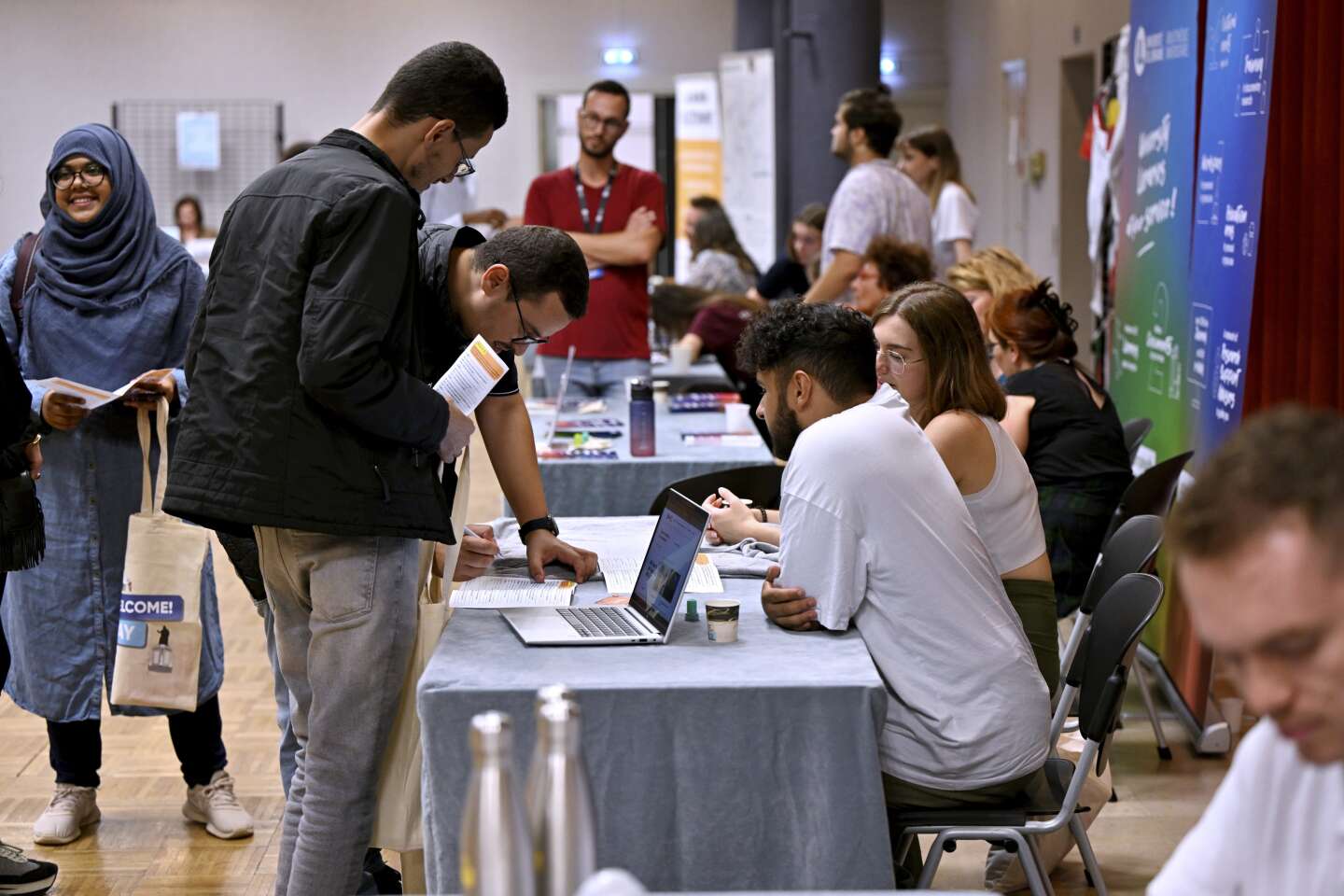


On Tuesday, December 19, the French Parliament definitively adopted a new immigration law. The previous day, El Mouhoub Mouhoud – a member of the Circle of Economists think-tank and an international migration and globalization specialist – signed an open letter from the heads of France's higher education institutions condemning the tougher stance taken against international students, calling it "an insult to the Enlightenment."
You're calling for a global approach to immigration, and not one only geared toward the most qualified applicants. What could the economic effects of the new immigration law entail?
We are witnessing a worrying retreat from rational arguments on the subject. I signed the university presidents's appeal because sending negative signals to international students means cutting ourselves off from the possibility of drawing on global skills, for zero economic gain.
Until now, the dominant French political discourse has been around separating bad from good migration. On the one hand, unskilled, irregular or family reunification migrants, and on the other, the talents we still claim we want to attract or keep. It hasn't worked. Despite progress made in terms of inflows linked to "talent passports," France's attractiveness in terms of global skills remains below that of the other major industrialized countries.
It's an illusion to assume that we can make a speech rejecting immigration and remain attractive to talent. The higher their skills, the more selective migrants are about their host country, and the more sensitive they are to political discourse on the subject. The law has shifted away from this disjunction, challenging consensus-based integration mechanisms, with effects that will be negative.
The right wing fears that the regularization of undocumented migrants would create a migration incentive. Is this true?
There isn't a single serious paper by an economist or demographer that confirms this idea. Global immigration flows are determined by structural factors such as trade globalization, demographic disparities, geopolitical and humanitarian crises and technological shocks.
Over the last 10 years or so, relocation to low-wage countries has slowed, while governments have been promoting relocation and reindustrialization. The more a company relocates, the more it will look for territories with strong technological and research and development advantages, and the more it will need skills. Re-industrialization issues are closely linked to training policies, but also to the attractiveness of international students and skilled migration.
You have 65% of this article left to read. The rest is for subscribers only.
